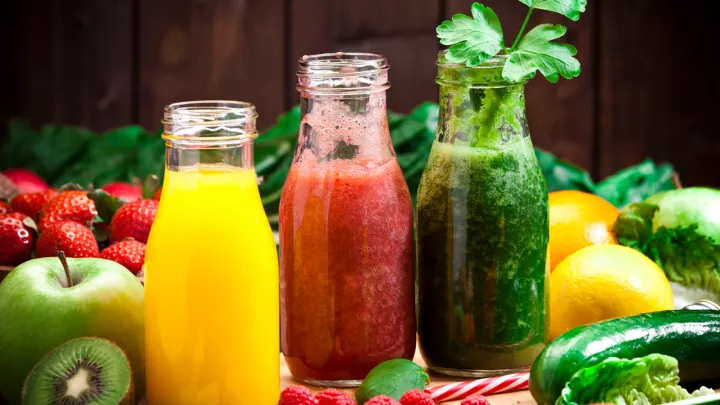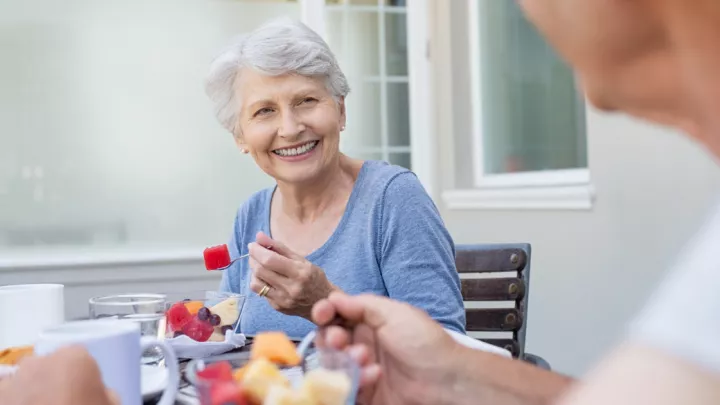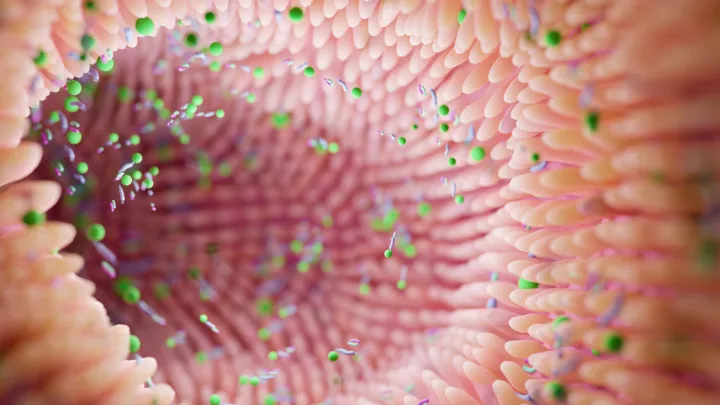Detoxing and cancer: Helpful or harmful?

Detoxing often involves juice cleanses, food restrictions, fasting or drinking certain teas. While these practices are marketed as ways to cleanse or reset the body, it's important to understand the potential risks, especially if you're undergoing cancer treatment.
Do detoxes really work?
Our bodies are equipped with natural detoxifying organs, like the liver and kidneys, which help eliminate waste and toxins. Detox methods like juice cleanses, fasting and laxatives are unlikely to remove any toxins that your body can’t process independently.
Why are detoxes harmful for cancer patients?
Many cancer treatments weaken the immune system, leaving the body more susceptible to illness. When considering detoxing, it’s important to be aware of the potential risks, especially if you’re undergoing cancer treatment:
- Unsafe bacteria: If pre-made juices are not properly handled or pasteurized, they may contain harmful bacteria that can make you sick.
- Dehydration: Restricting food and consuming only juices or liquids, along with taking laxatives, can lead to dehydration, weakness and diarrhea.
- Kidney issues: Some juice cleanses contain high amounts of oxalates, which can lead to kidney stones when consumed in large quantities. While oxalates in foods like spinach are safe in moderation, excessive intake may cause kidney problems.
What should you do instead?
Your body requires proper nutrition to heal and withstand cancer treatment. If a detox plan restricts food, you may miss out on essential nutrients. Conversely, consuming only certain liquids or supplements in excess can be harmful.
Focus on eating a balanced diet with sufficient calories, protein and fluids to maintain your strength. For example, a healthy, cancer-fighting meal might include lean protein, such as chicken or fish, and a variety of fruits, vegetables and whole grains. Along with staying active and managing stress, these lifestyle factors can help support your recovery.
Call 402.559.5600 to schedule an appointment with our Cancer Risk and Prevention Clinic. The clinic offers personalized risk assessments, strategies to reduce risk and recommendations for proactive screening.







